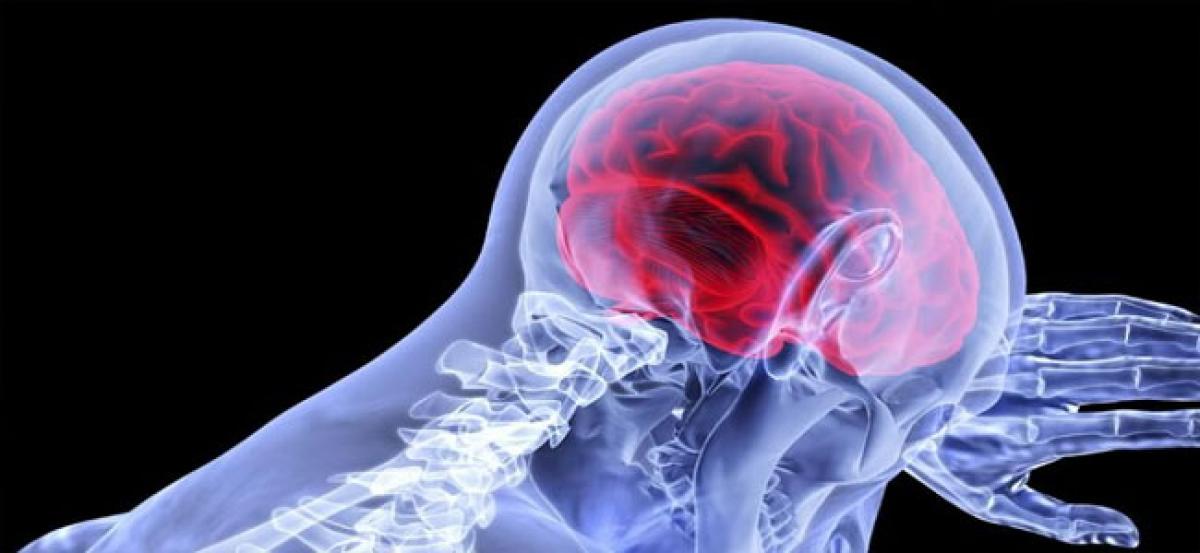Live
- The critical need for special education in preschools
- Loneliness is a reason for your late-night chocolate cravings says study
- Championing creativity: Celebrating literature & diversity
- Aishwarya Rajesh makes her Sandalwood debut opposite Dhananjaya in 'Uttarakaanda'
- BRS writ in HC directing EC to act against Konda Surekha for code violation
- This WhatsApp feature will let you respond quickly to status updates
- YS Jagan assures of support for revival of Visakha steel plant, says strived to stop privatisation
- Unlocking Wellness
- KCR bid to topple govt is Revanth’s lie
- Xiaomi Unveils Redmi Pad SE, Buds 5A, and More: Prices and Features









